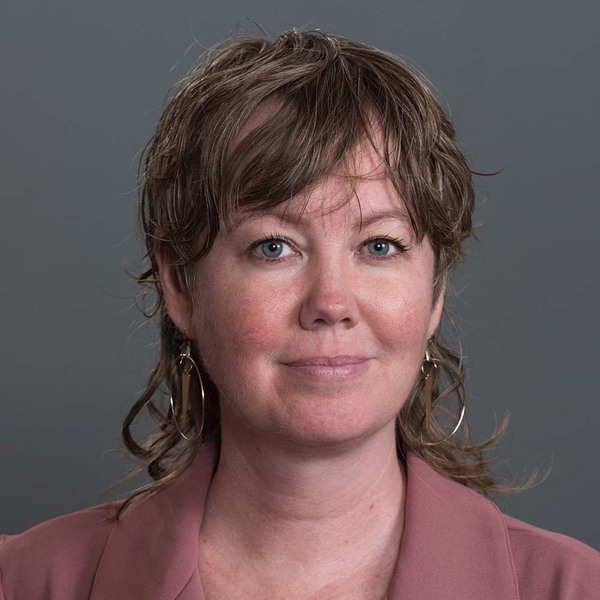Lauren Laskowski
Doctoral Psychology Intern

- Pronouns
- (She/Hers)
“In the arts, feeling is always meaning.” Novelist Henry James captured a sentiment that has held true for me both as a scholar of the humanities and as a therapist. While studying literature and philosophy during my undergraduate senior year, a semester abroad opened my mind and left me unsure about my next steps. After working for a few years, I returned to school and received an MA in the humanities from the University of Chicago. It was at Chicago that I began to turn toward psychology, using the lens of critical theory to understand the world. I obtained an M.Ed. in rehabilitation counseling at SUNY Buffalo before deciding to pursue a PhD in counseling psychology at Indiana University, Bloomington. Now in my final year of the PhD, as a doctoral psychology intern, I look forward to continuing my work with undergraduate and graduate students.
As a therapist, I continue to believe that “feeling is always meaning.” Tuning into emotion helps us understand our experience and identify our needs and values. Principles of emotion-focused therapy and attachment theory guide my thinking as I accompany each client in sessions. Because I believe that healing and growth happen through relationships and community, I see therapy as just one part of your efforts to live a sustainable, authentic, meaningful life, and I strive to understand and center each client’s relational, cultural, systemic, and environmental contexts as we collaborate on goals for counseling.
Strong interests include sex and sexuality, friendship, trauma, grief, body trust, career transitions, and existential questions. I am dedicated to lifelong learning about, and taking action against, the oppressive forces in individuals’ lives.
Books, movies, video games, piano, and walking my dog.
Supervision Style
I use the integrative developmental model of supervision to understand supervisees’ needs, collaborating to form goals related to counselor identity, theoretical orientation, and clinical practice. Drawing from feminist and multicultural ideologies, we will name and interrogate power structures within the supervision and therapeutic relationships. We will focus on increasing competence and self-efficacy as we use the supervisee’s chosen theoretical lens to identify strengths and opportunities for growth.